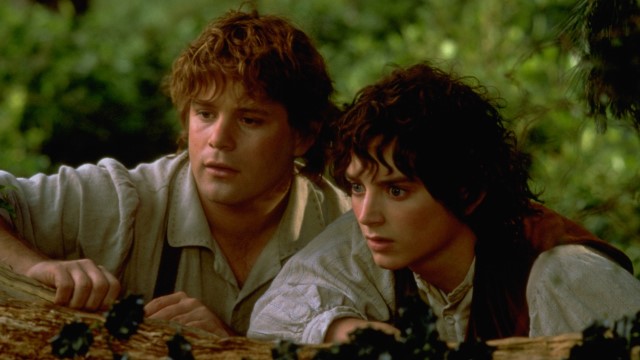A recent UCLA poll finds that young TV and movie viewers are leaning away from an interest in sexual and romantic material and are more interested in stories about friendships and platonic relationships.
The Center for Scholars & Storytellers at UCLA’s new Teens & Screens report found that 47.5 percent of young viewers aged 13-24 think that sex and romance is overly represented in TV and movies, and 51.5 percent want more stories about friendships, Deadline reported.
The study also found that 39 percent say they want characters that are not concerned with sexual gratification at all, and a near majority, 44.3 percent, said romantic plots are overused in entertainment.
UCLA psychology professor Dr. Yalda T. Uhls says, “While it’s true that adolescents want less sex on TV and in movies, what the survey is really saying is that they want more and different kinds of relationships reflected in the media they watch.”
Uhls added that they found that young viewers want stories that portray more kinds of relationships than just sex.

Best friends Frodo Baggins (Elijah Wood) and Samwise Gamgee (Sean Astin) in Peter Jackson’s Lord of the Rings film trilogy. (New Line Cinema)
The teen and young adult participants also said that romantic plotlines are their fourth least favorite stereotypes, and they feel love triangle stories are too common in entertainment.
Number two on the favorites scale was a desire to see more stories with characters that are living lives like they are — not “lives unlike my own.” However, shows about superheroes still ranked as their fourth most favorite movies and TV shows.
“There has been a wide-ranging discourse among teens about the meaning of community in the aftermath of COVID-19 and the isolation that came with it,” said study author Stephanie Rivas-Lara, Youth Engagement Manager at CSS. “Teens are looking to media as a ‘third place’ where they can connect and have a sense of belonging – and with frightening headlines about climate change, pandemics and global destabilization, it makes sense they are gravitating towards what’s most familiar in those spaces.”
Other findings included a preference for binge watching (50.5 percent) as opposed to watching new episodes weekly (25.5 percent), and young viewers want to see more original stories (56 percent) and not remakes, franchises, or stories based on well-known books, comics, or graphic novels.
“We know that young people are suffering an epidemic of loneliness and they’re seeking modeling in the art they consume. While some storytellers use sex and romance as a shortcut to character connection, it’s important for Hollywood to recognize that adolescents want stories that reflect the full spectrum of relationships,” Uhls insisted.
UCLA spoke to 1,500 respondents aged 10-24 in August, with 100 teens from each age bracket. Respondents were chosen to closely reflect the US Census in terms of race and gender. The survey was supported by the collection of Funders for Adolescent Science Translation.
Follow Warner Todd Huston on Facebook at: facebook.com/Warner.Todd.Huston, or Truth Social @WarnerToddHuston


